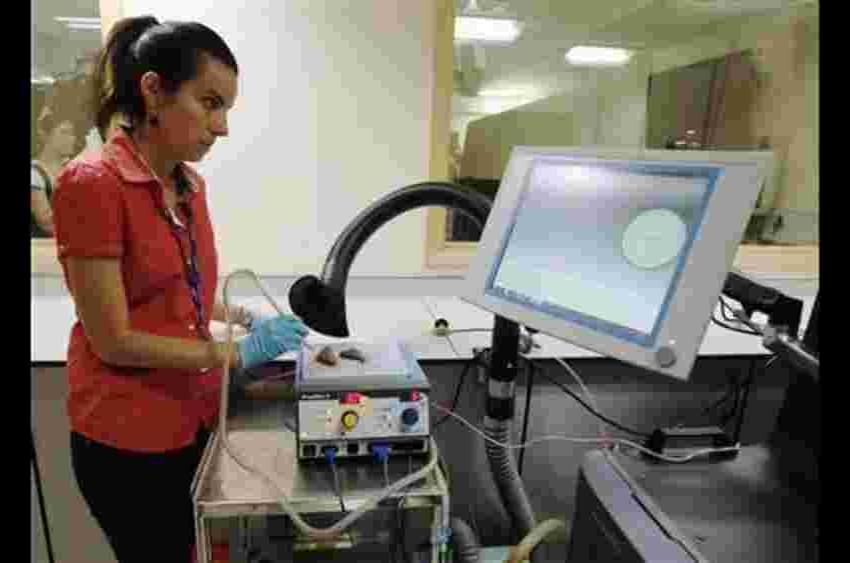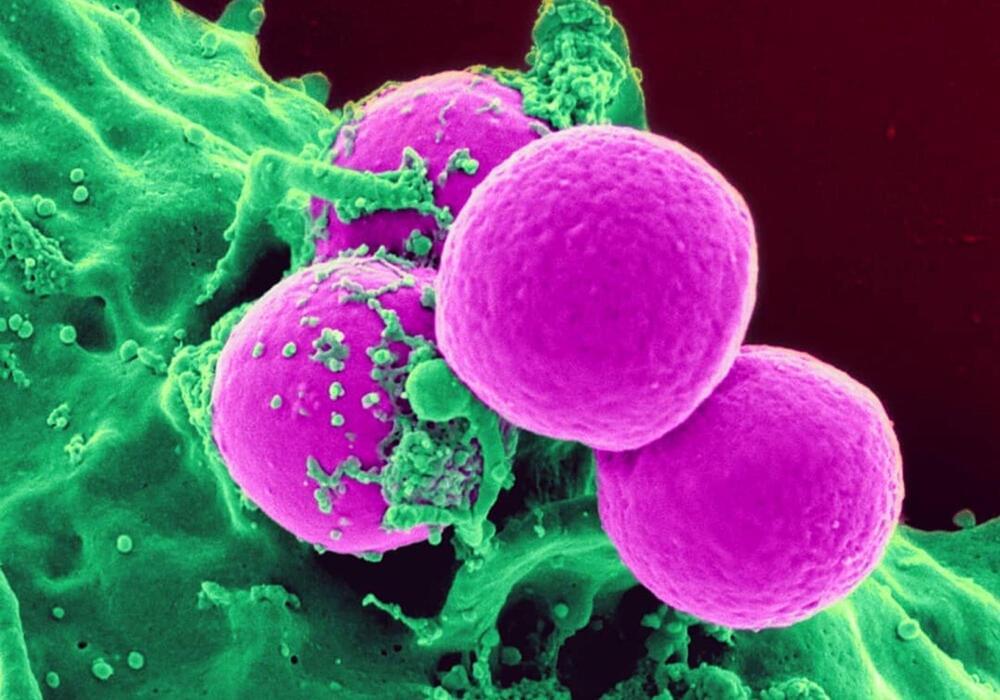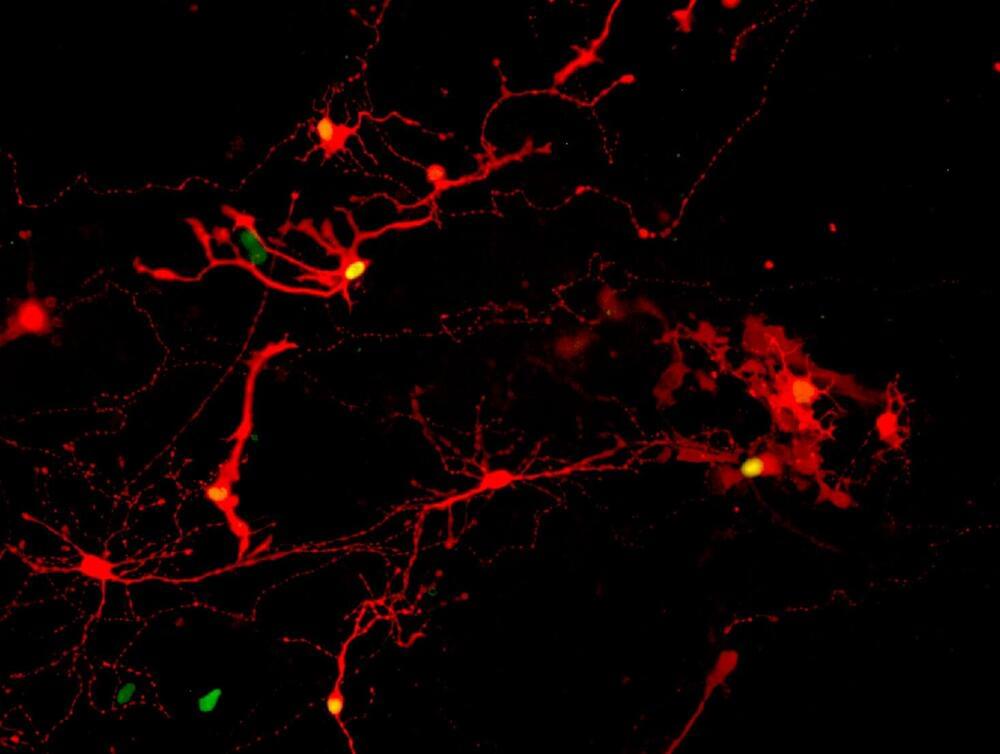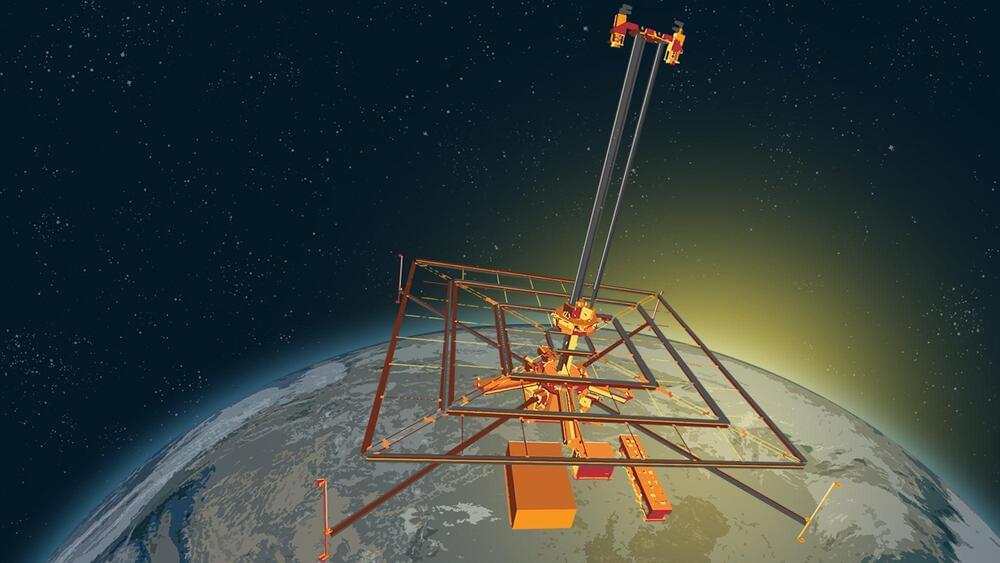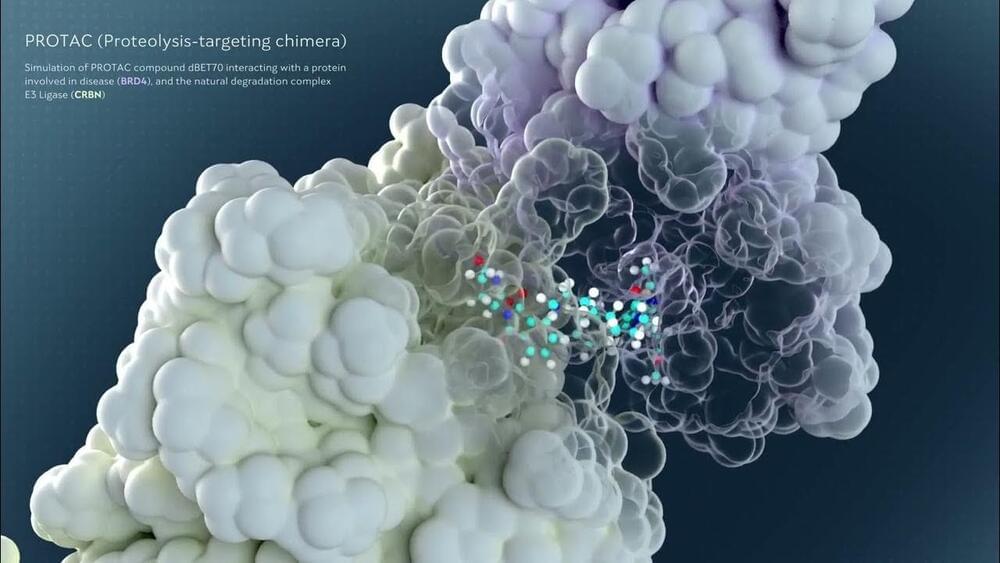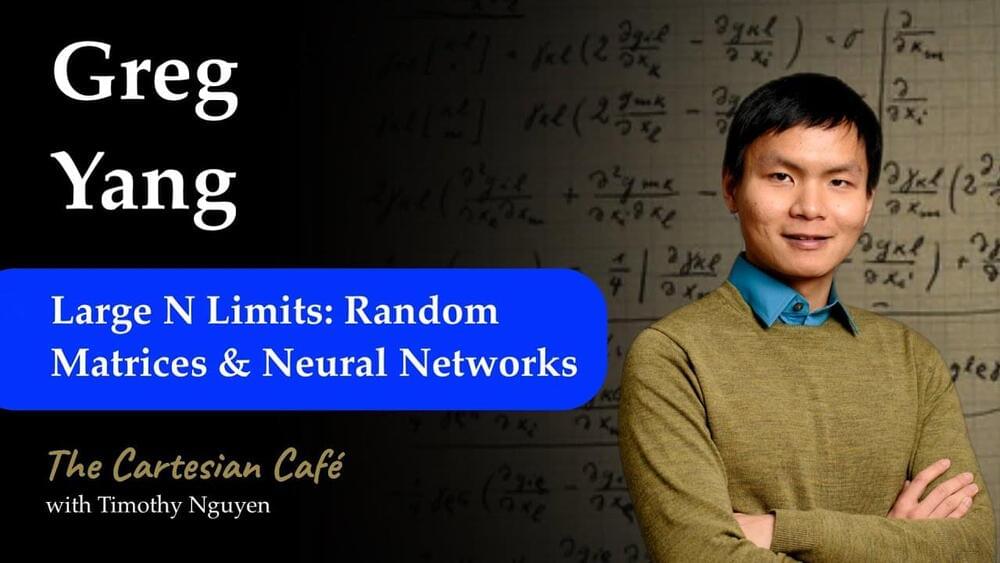Jan 4, 2023
This surgical knife can ‘smell tumours’, detects womb cancer ‘in seconds’: Here’s how it works
Posted by Shubham Ghosh Roy in categories: biotech/medical, neuroscience
Scientists at Imperial College London, UK have proved that a modern surgical knife dubbed iKnife can “smell tumours”, effectively detecting womb cancer within seconds. The breakthrough could enable thousands of women to get an earlier cancer diagnosis.
“The iKnife reliably diagnosed endometrial cancer in seconds, with a diagnostic accuracy of 89%, minimising the current delays for women whilst awaiting a histopathological diagnosis,” said the researchers in the finding published in the journal Cancers.
Notably, the iKnife is already being used to treat breast and brain cancers, reported the Guardian, and now it can also accurately detect the presence of endometrial cancer.
